In an election year, it’s important to remember that the FEC clearly prohibits campaigns from certain types of expenditures. This includes any candidate using their campaign contributions to benefit their personal life or their families, known as the personal use prohibition.
The FEC defines personal use as anything that a candidate would use “irrespective” of whether or not the candidate was running for public office. This means that the candidate’s expenses would exist regardless of their political aspirations. This can include expenses such as a mortgage, household items, clothing, entertainment events, as well as salaries for the candidate’s family.
The FEC does permit, however, certain payments made with campaign funds such as a salary for the candidate. The salary must be under certain limits and paid only until the general election. Additionally, campaign funds are permitted to be spent on certain gifts for non-family members, and for charitable contributions.
Despite the fact that the FEC is clear that certain spending by the campaign will automatically be considered a personal use and prohibited, candidates continue to run afoul of these FEC restrictions. Even during this election cycle, Members and candidates have improperly spent campaign funds on personal uses. A recent investigation by the House Ethics Committee is looking into over $90,000 in spending by Representative Sanford Bishop (GA–02) of campaign as well as official funds on expenses like golf clubs, entertainment, meals, travel, tuition, and entertainment. Many of these are automatically considered personal funds and are strictly prohibited expenses.
In an election year, campaign contributions and campaign spending drastically increases. This increased spending can be ripe for abuse of campaign funds making oversight on campaign spending critical to ensure that those who are signing up for public office are not exploiting these funds to enrich themselves and their families.

